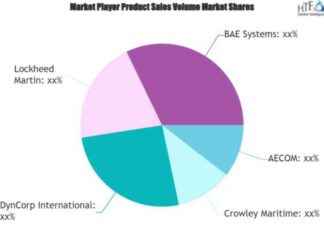In the previous year, fewer insolvencies than ever were recorded – the first half of 2022 is also off to a promising start. However, a trend reversal is now emerging. The number of bankruptcies is increasing again. It is not only sharply rising prices that are causing problems for companies.
After two months of downward trend, the number of company bankruptcies in Germany is increasing again. According to preliminary information from the Federal Statistical Office, 6.6 percent more standard insolvencies were filed in August than in July. The statisticians pointed out that the insolvency applications are often included in the statistics with a time lag.
But the Leibniz Institute for Economic Research Halle (IWH) also assumes that the numbers will increase based on the latest data. “After a long period of low insolvency figures, a trend reversal has now set in,” explained IWH researcher Steffen Müller last week. The main reasons for this are sharply rising prices, for example for energy and problems in the supply chains. However, despite rising numbers, there is currently no talk of an impending wave of bankruptcies.
The Federal Office now has final figures for the first half of the year. In the six months, the district courts reported 7113 corporate insolvencies, 4 percent fewer than a year earlier. The courts estimated the probable claims of the creditors at almost 8.2 billion euros. In the first half of 2021, they were significantly higher at around 31.8 billion euros because there were more larger cases.
In order to avert a wave of bankruptcies as a result of the pandemic, the state had temporarily suspended the obligation to file for bankruptcy in the event of over-indebtedness or insolvency. However, since May 1, 2021, the obligation to file for insolvency has again applied in full.
There were exceptions until January 31, 2022 for companies that suffered damage from heavy rain or flooding last summer. Last year there were fewer company bankruptcies than ever before since the current insolvency code was introduced in 1999.






